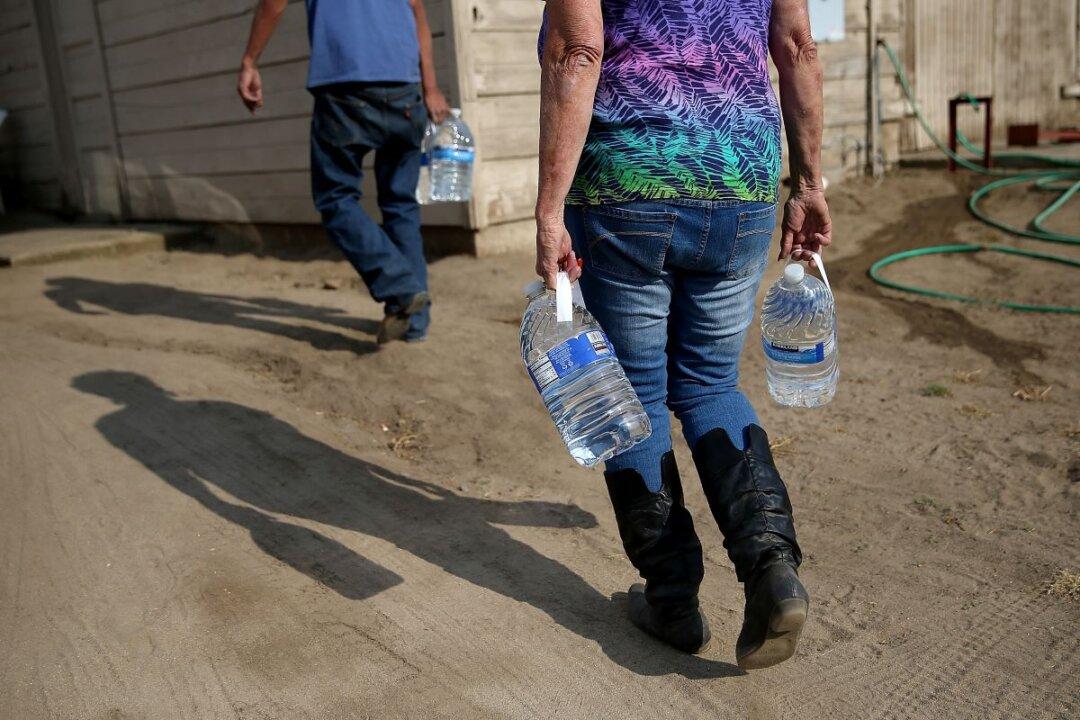Amid already existing calls for a country-wide moratorium on water shut-offs during the COVID-19 pandemic, clean water advocates in California urged state leaders on March 30 to impose an immediate statewide moratorium on water shut-offs. The state has long been battling a water crisis.
There are over 148,000 public water systems in the United States run by private companies, municipalities, and others, according to the United States Environmental Protection Agency (EPA) and while the country faces the CCP (Chinese Communist Party) virus pandemic, these water providers will keep facing questions about shutting off water supplies on non-payment of bills in places with no moratorium.





